I’ve devoted my legal career to the personal injury industry. I started off as a lawyer retained by insurance companies to defend car accident injury claims in court. Now, I represent injury victims against insurance companies. Over the years, I’ve learned exactly what to do and what not to do if you’re injured in a car accident. In this blog post, I’ll walk you through step by step what I would personally do if I ever found myself injured in a car accident.
1. Call the Police After A Car Accident
The first thing I would do if I were injured in a car accident is call the police, assuming I’m able to. If I couldn’t due to the severity of my injuries, I’d hope someone nearby could. The police will file a report that includes both my insurance information and the other driver’s information.
I would also stick around at the scene of the accident and give my version of what happened to the police, so my side is included in the police report. The police report can be useful when dealing with insurance companies later.
2. Contact a Loved One
I’d also call a loved one to come to the scene. They could help me out if my injuries made it hard to move around or handle tasks.
3. Take Photos
I would take pictures or have my loved one take them of the accident scene. This would include photos of the damaged vehicles, any road signs, skid marks, and different angles of the scene. If I had visible injuries, I’d take pictures of those too. These photos could be essential to proving who’s at fault or the extent of my injuries.
4. Don’t Admit Fault
One thing I would not do at the scene of the accident is admit fault. Even if I might be to blame, I wouldn’t say it. Sometimes there are details we don’t yet know that could show the other driver was at fault too. It’s perfectly fine to check on the health and well-being of the other driver and all occupants involved in the accident, but I would highly recommend not admitting fault at this early stage.
In Kentucky, where I practice law, both drivers can share liability, and you can still recover damages even if you are partly at fault.
5. Track Down Witnesses
At the scene of the accident, I would try to track down any witnesses who saw the accident. If their version of the event aligns with mine, I would get their name, phone number, and address, and ask that they stick around to give their statement to the police.
6. Call an Ambulance
If I were injured, I would make sure an ambulance was called to transport me to the hospital. This not only ensures I receive proper medical attention, but it also documents my pain and injuries in medical records.
7. Get Medical Help
After being released from the hospital, I would continue treatment with appropriate medical providers for my injuries. I would ensure I attended all scheduled appointments and maintained consistent medical treatment. Any gaps in treatment might give insurance companies a reason to argue that my injuries weren’t serious or weren’t related to the accident.
Whether I needed chiropractic care, physical therapy, pain management, or surgery, I would make every effort to complete my treatment. This way, the insurance company cannot make arguments against my case.
8. Do Not Give a Recorded Statement to the Other Driver’s Insurance Company
If the other driver’s insurance company contacted me, I would only discuss arrangements for repairing or replacing my vehicle. I would not give a recorded statement, as this could be used against me later in the case. If they denied my claim or made an unreasonably low offer, I would file a claim under my own insurance policy.
In Kentucky and many other states, insurance companies cannot raise your rates if the accident wasn’t your fault, even if you file a claim under your own policy.
9. Gather Evidence
Once I completed treatment or reached maximum medical improvement, I would gather all my medical records and bills related to the accident. If I had to miss time from work, I’d have my employer verify the time I was off and the income I lost due to my injuries.
10. Send a Written Demand for Policy Limits
After gathering all the necessary evidence, I would send it to the insurance company along with a written demand for the at-fault driver’s insurance policy limits. This would initiate settlement negotiations.
11. File a Lawsuit if Necessary
If I couldn’t reach a fair settlement agreement, I would file a lawsuit for my injury claim. Filing a lawsuit is often the best option when the insurance company is lowballing you or has denied your claim.
Even though I’m an injury lawyer who has represented hundreds of clients, I wouldn’t represent myself in court. It would look awkward in front of a jury, and I couldn’t effectively question myself. Having a colleague represent me would present the case in a more objective and professional manner.
Conclusion: Why Even Lawyers Shouldn’t Represent Themselves
While I’m perfectly capable of representing myself, I believe it’s unwise for anyone, even a lawyer, to represent themselves in an injury case that goes to trial. If my case went to trial, I would definitely hire a fellow injury lawyer to represent me.
Now that you know what I would do if I were injured in an accident in Louisville, you might be wondering what to expect in your own personal injury case. If that’s the case, watch this video, where I walk you through the personal injury process from start to finish. Also, don’t forget to subscribe to my channel for more helpful content like this. Lastly, if you’ve been injured in Kentucky, don’t wait—call Tate.
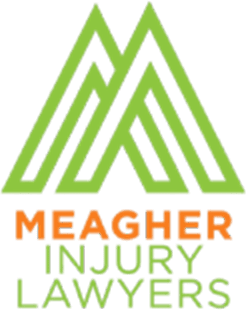
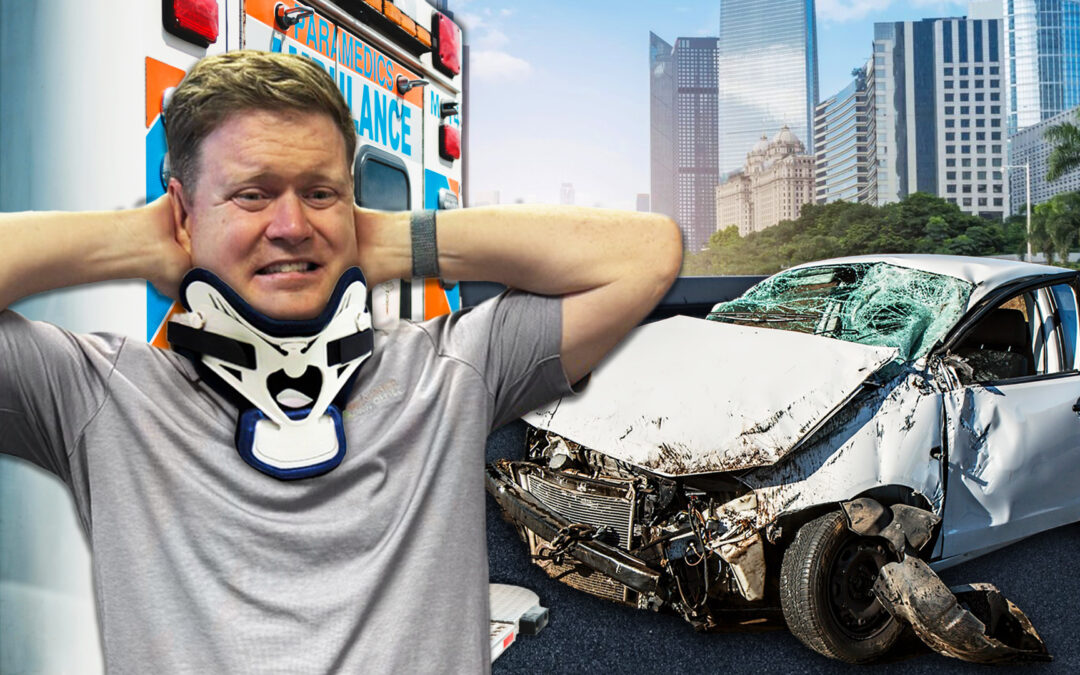

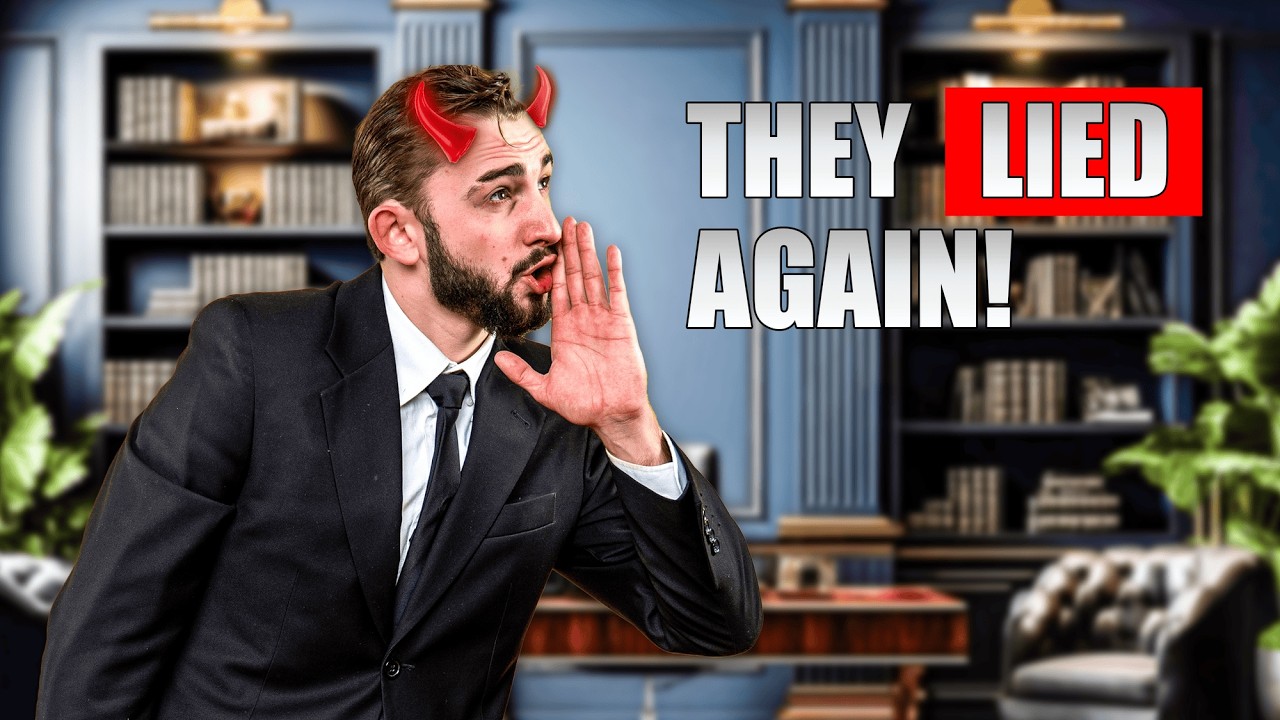


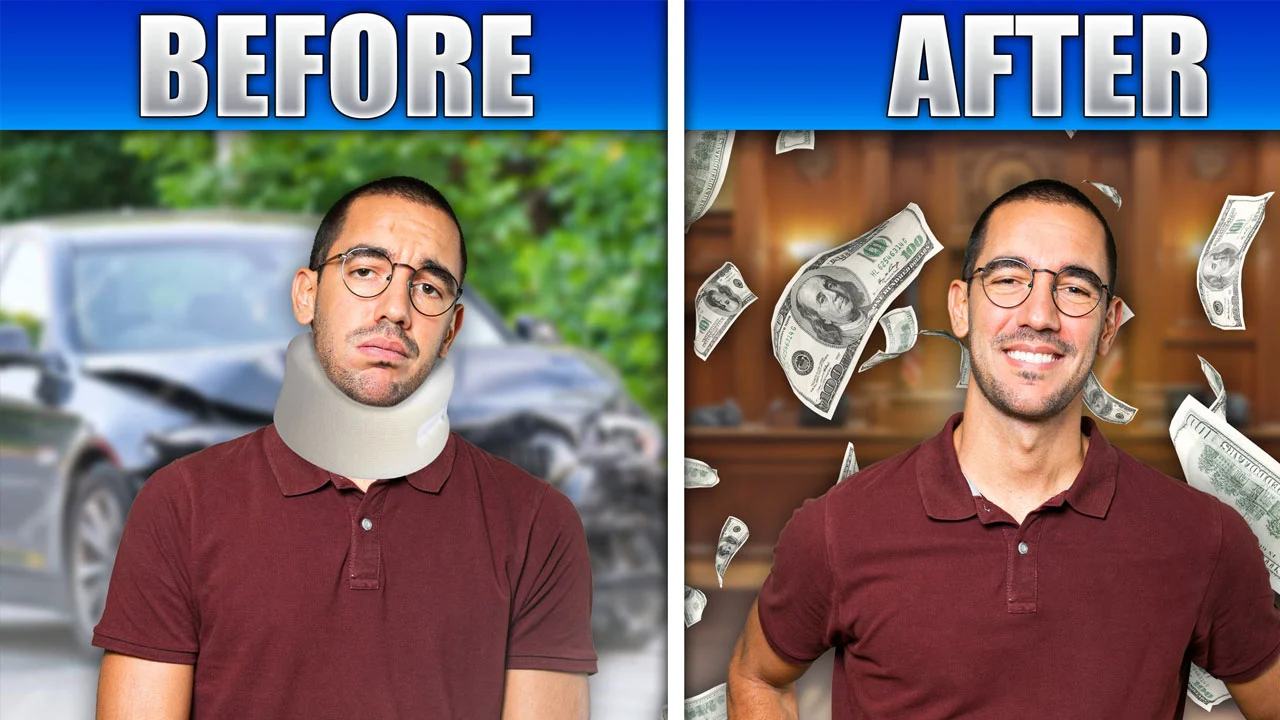
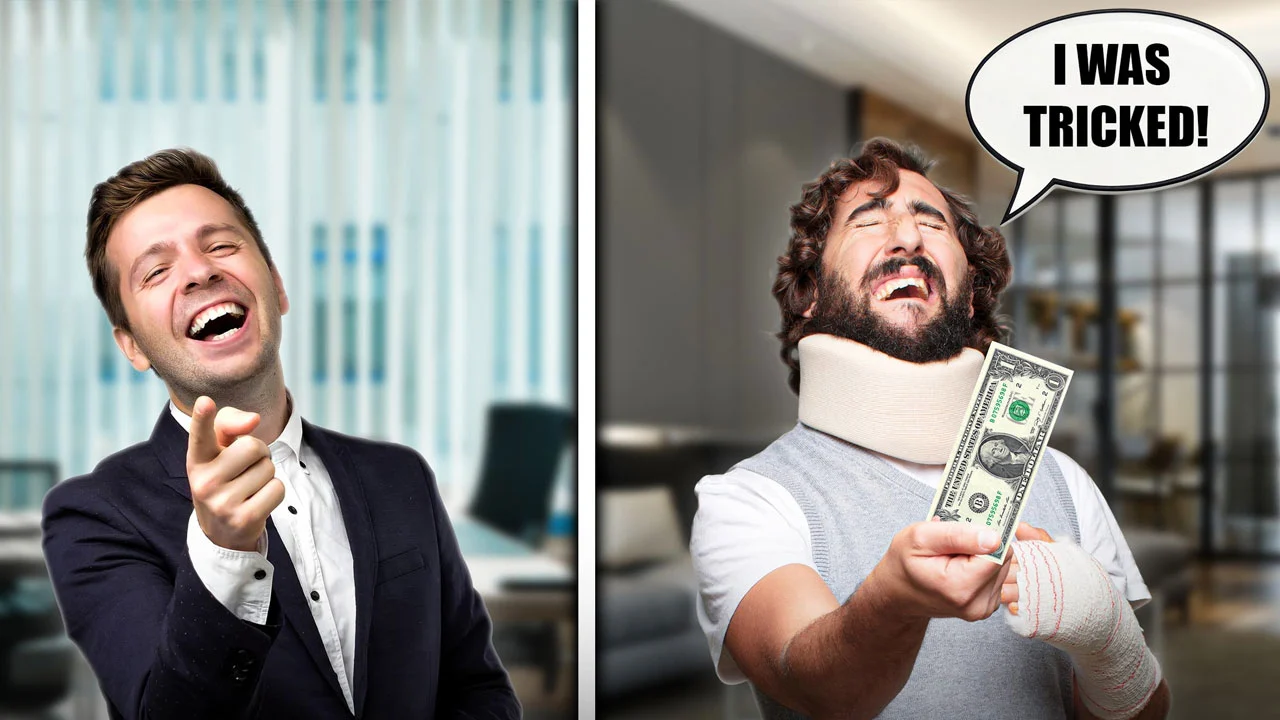
Recent Comments